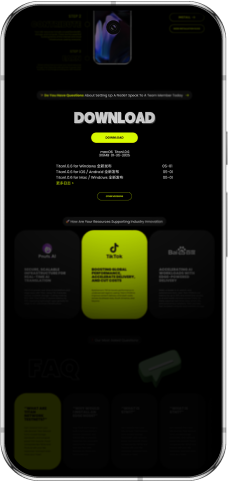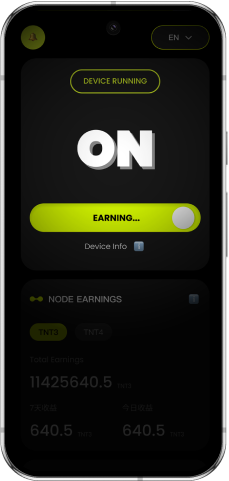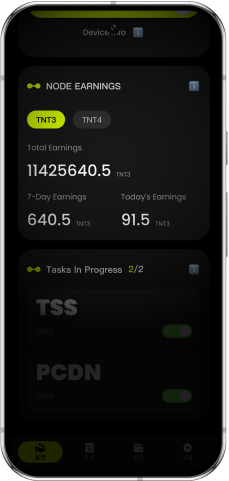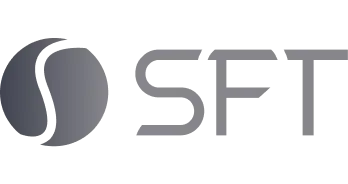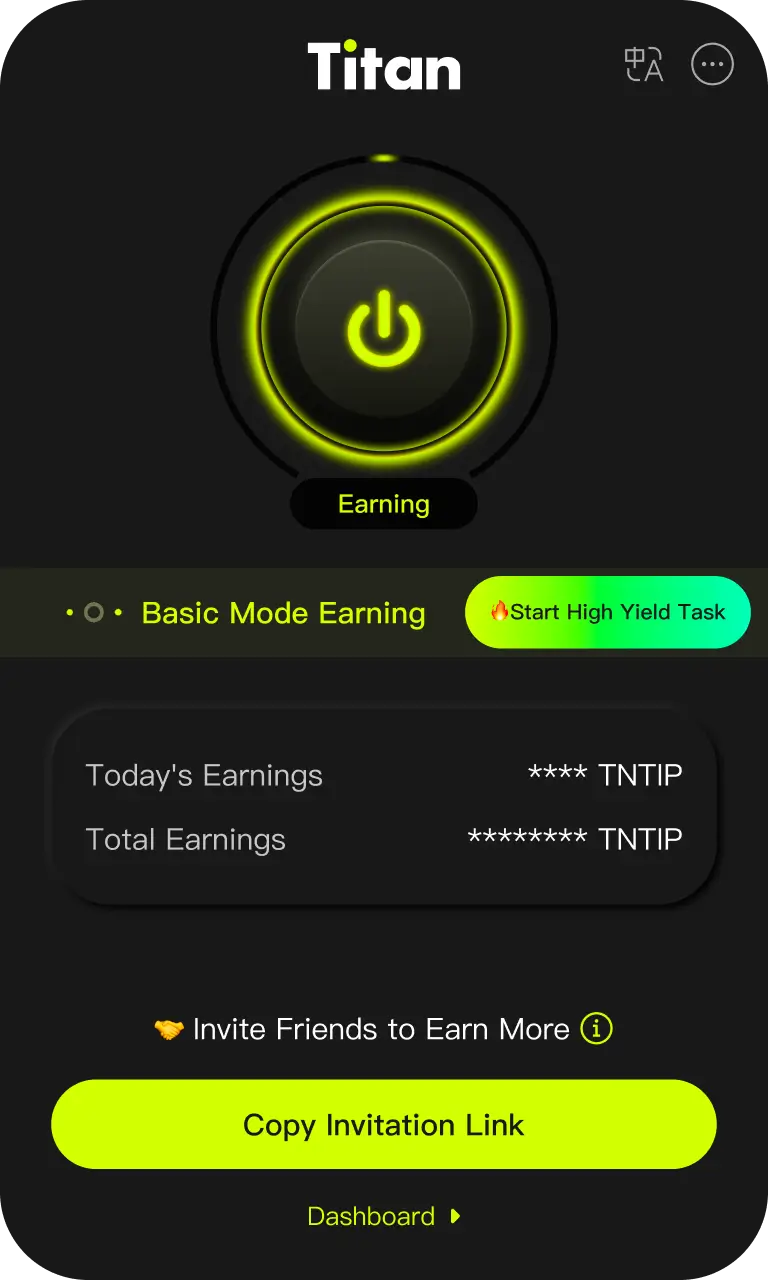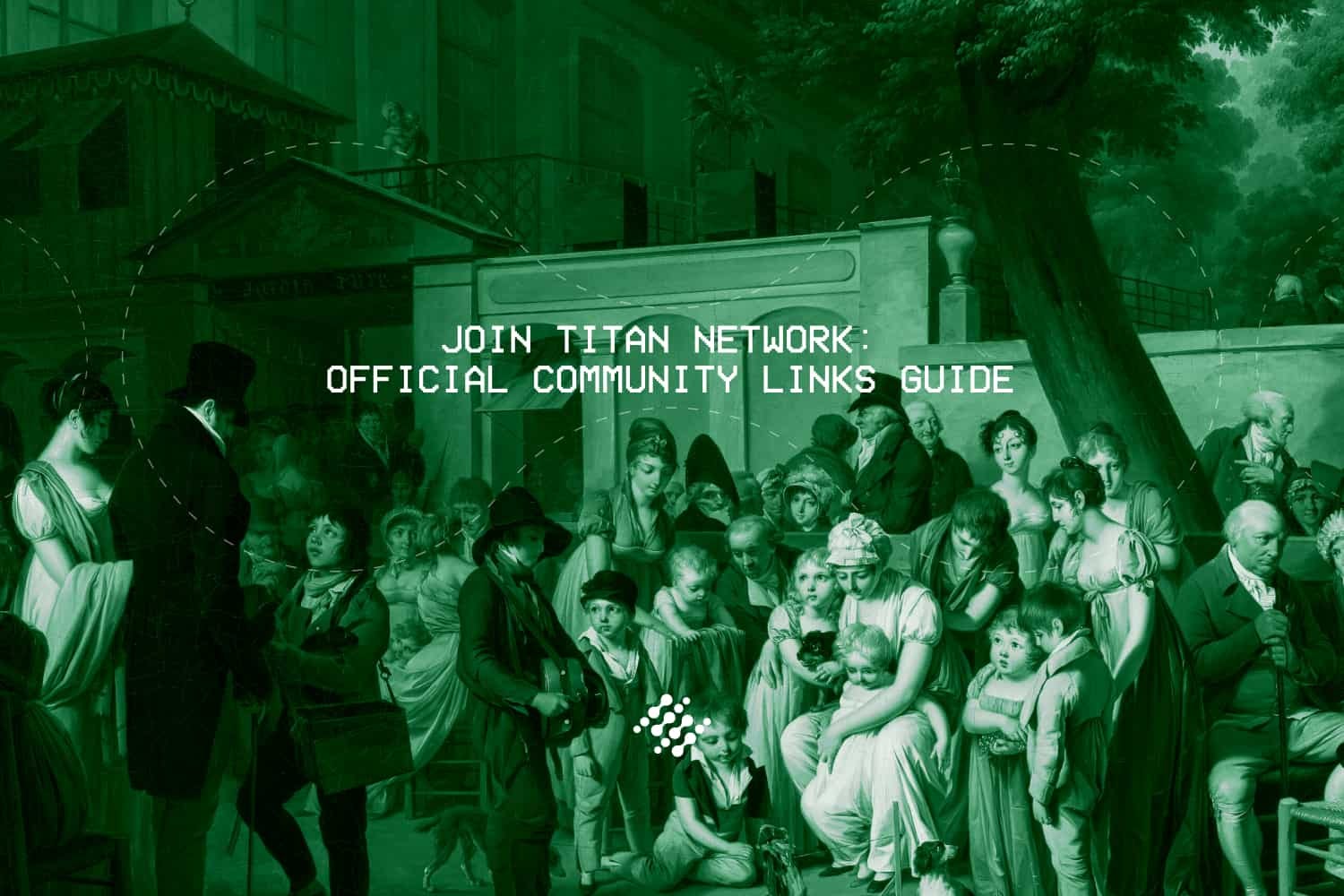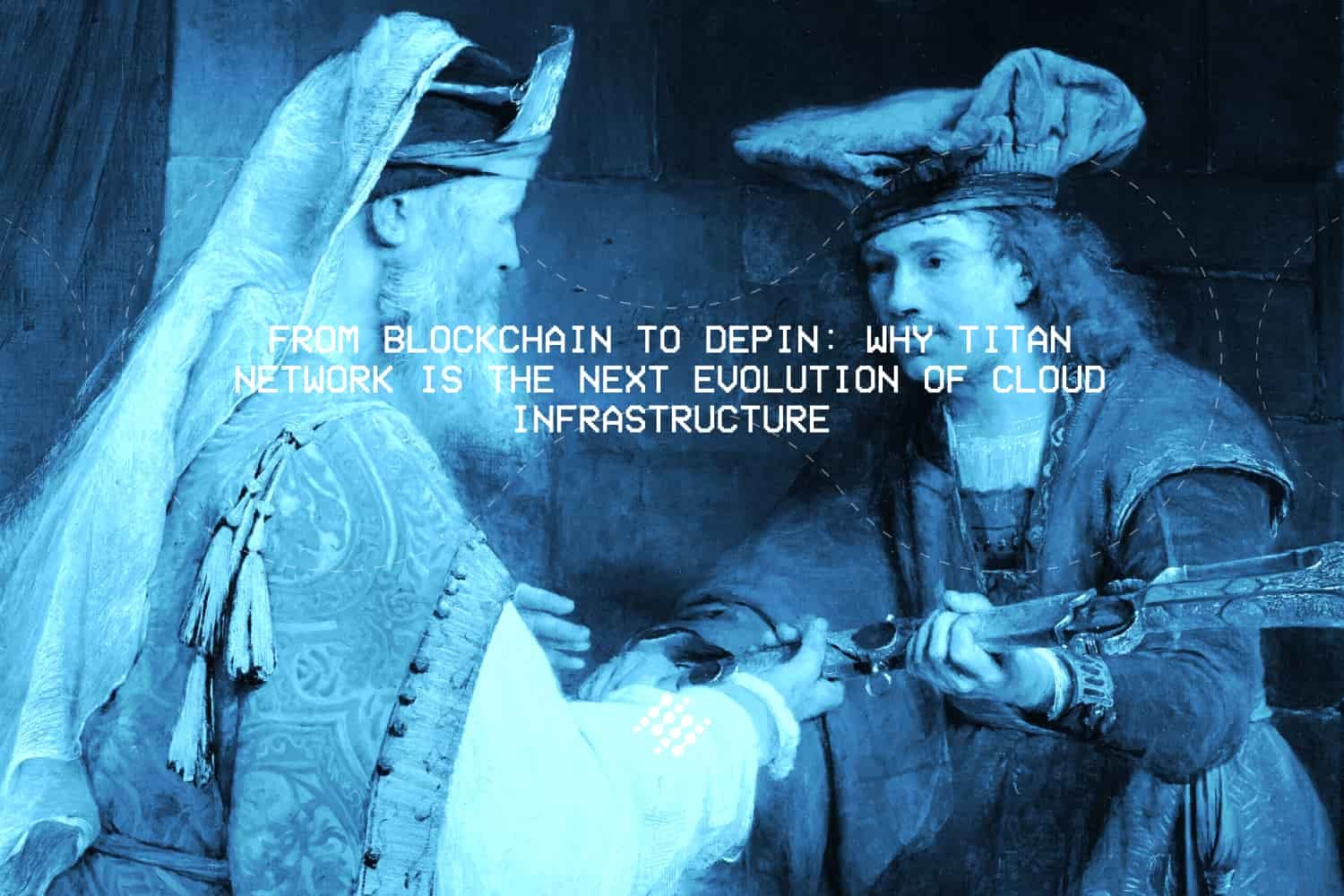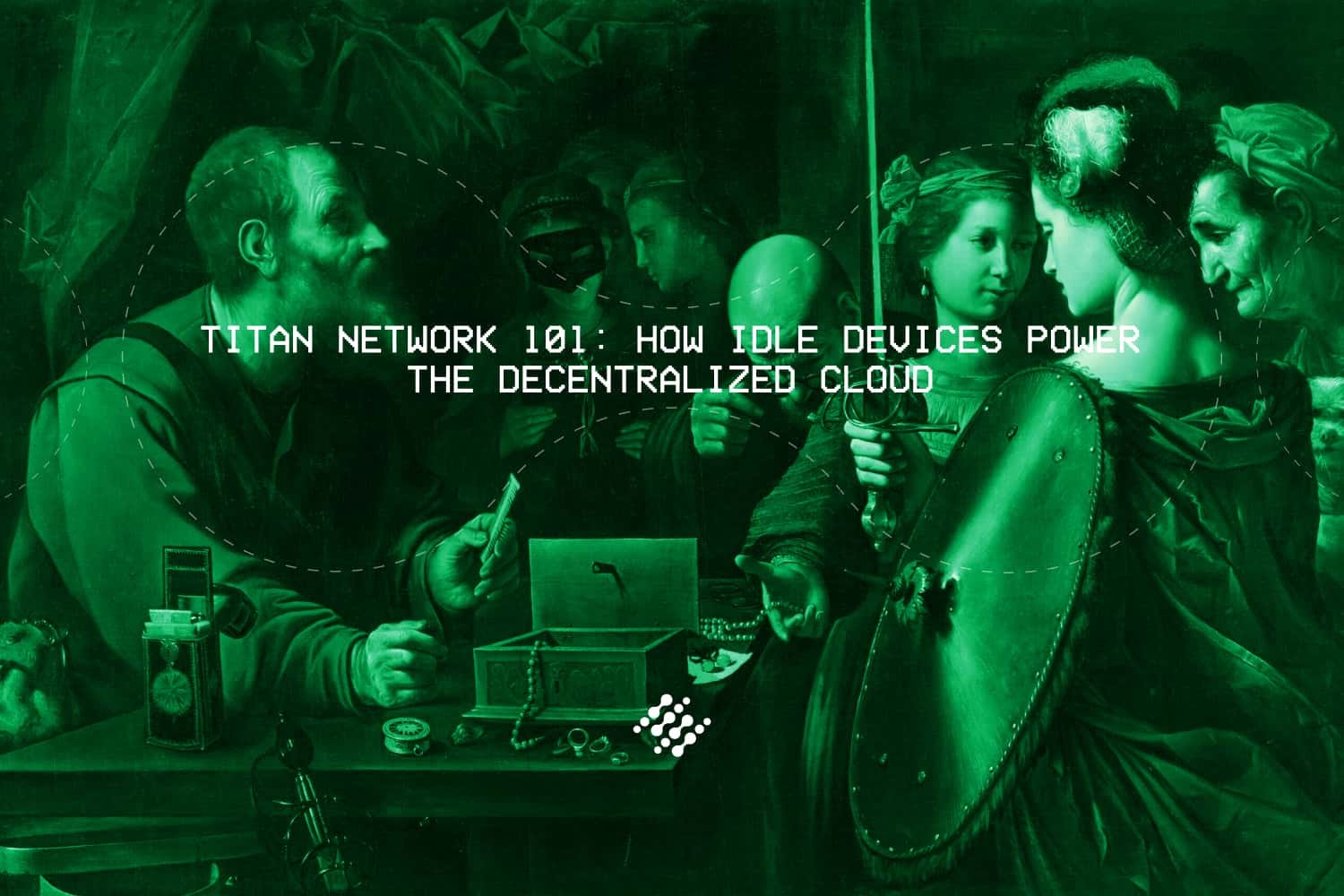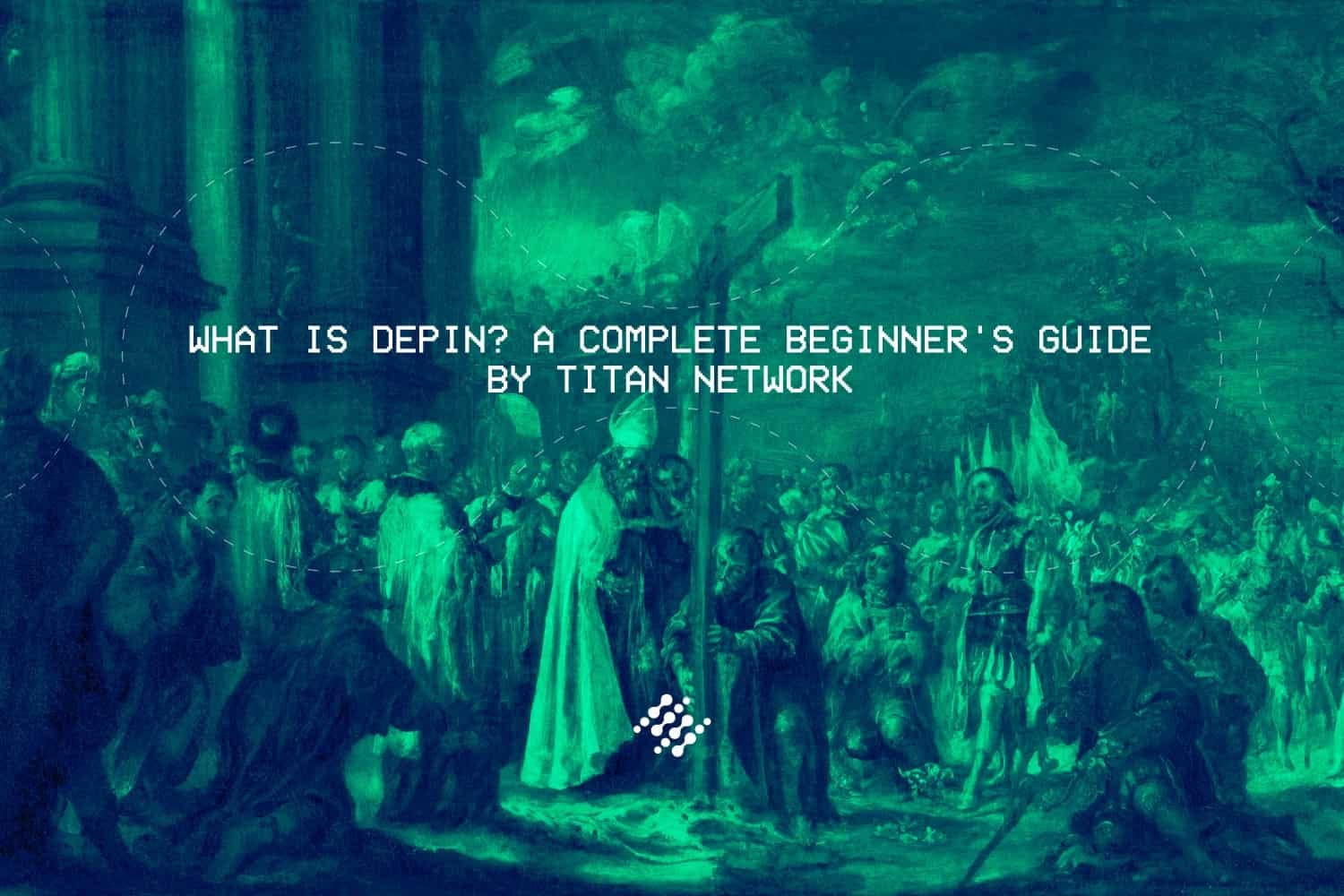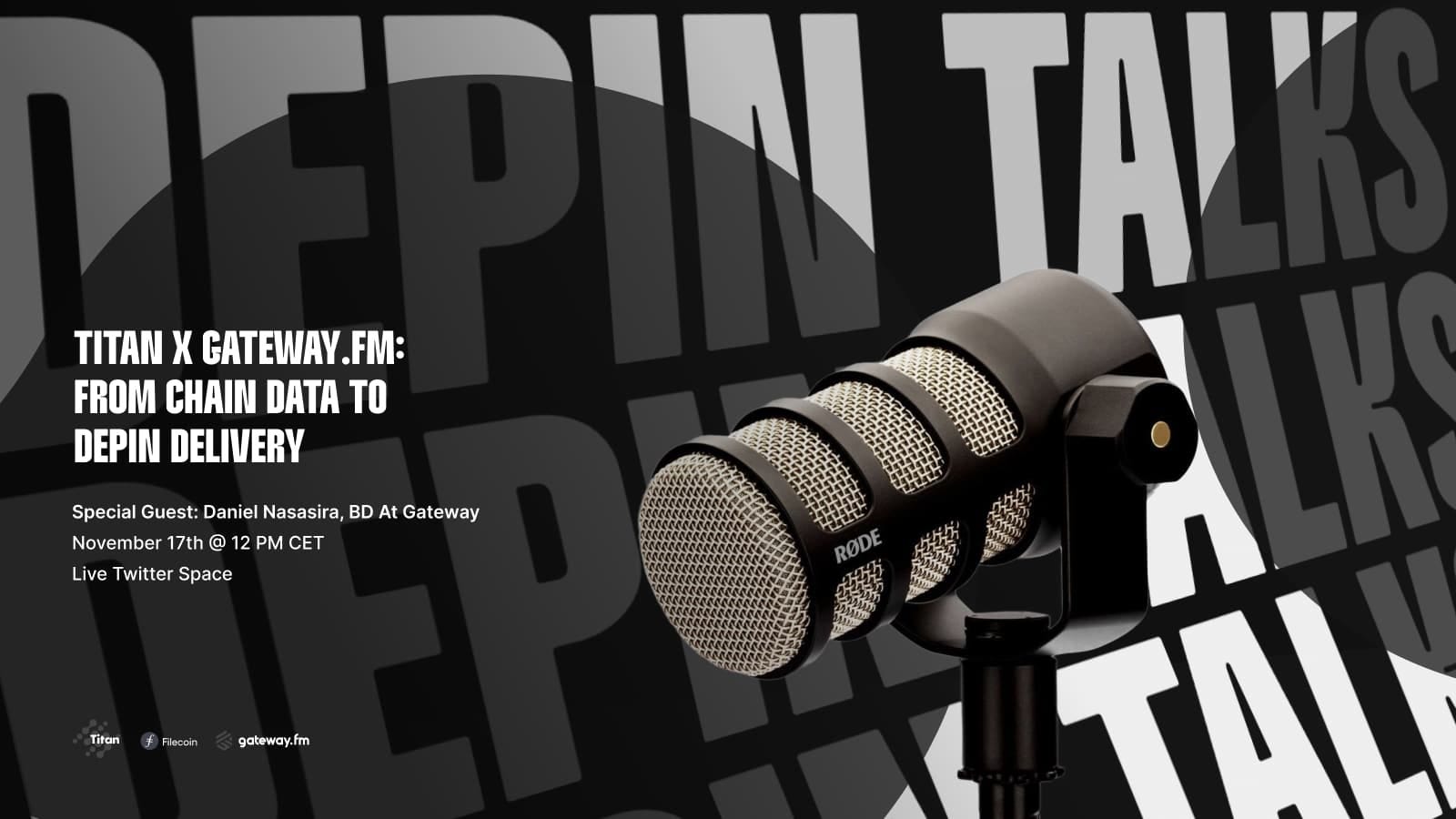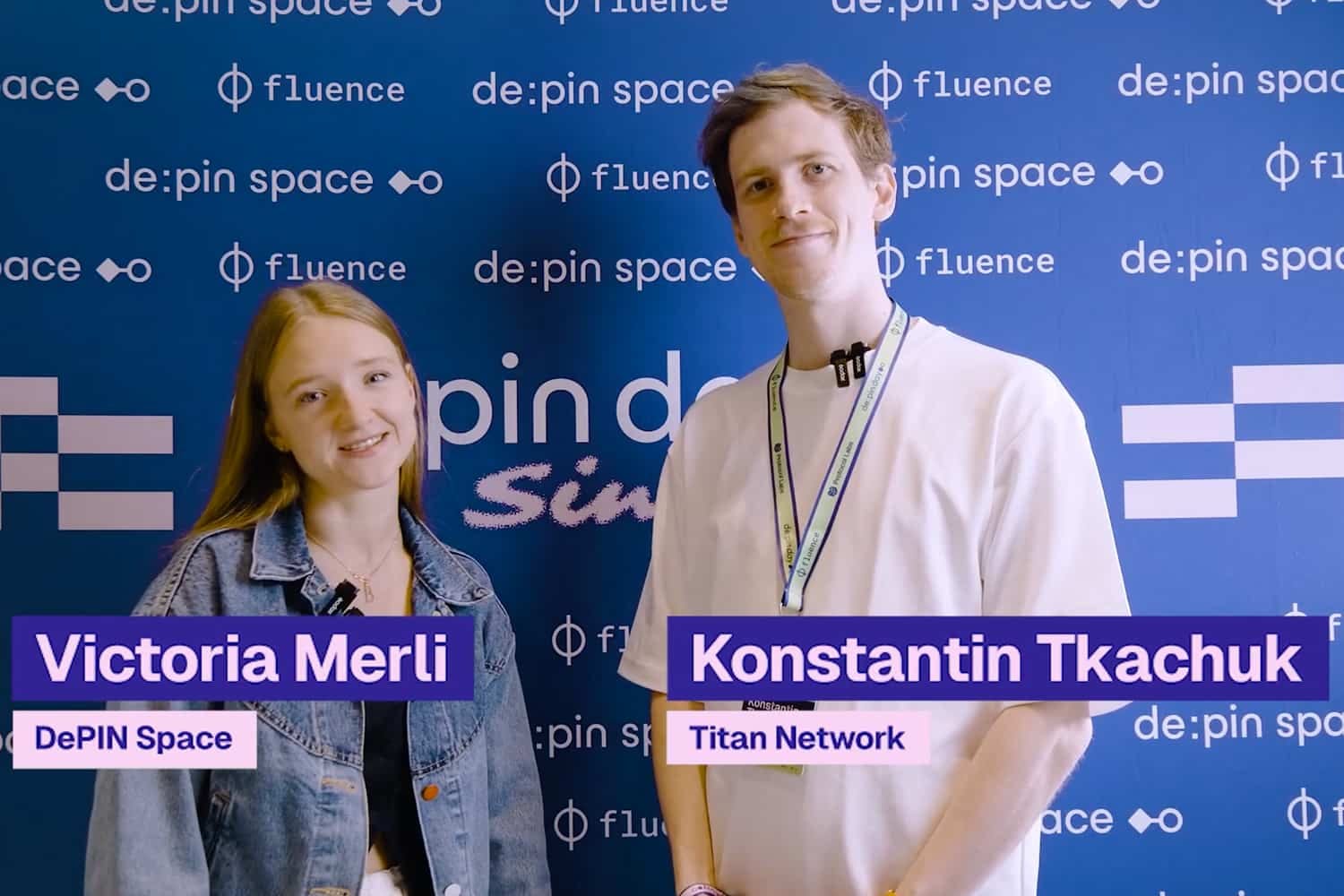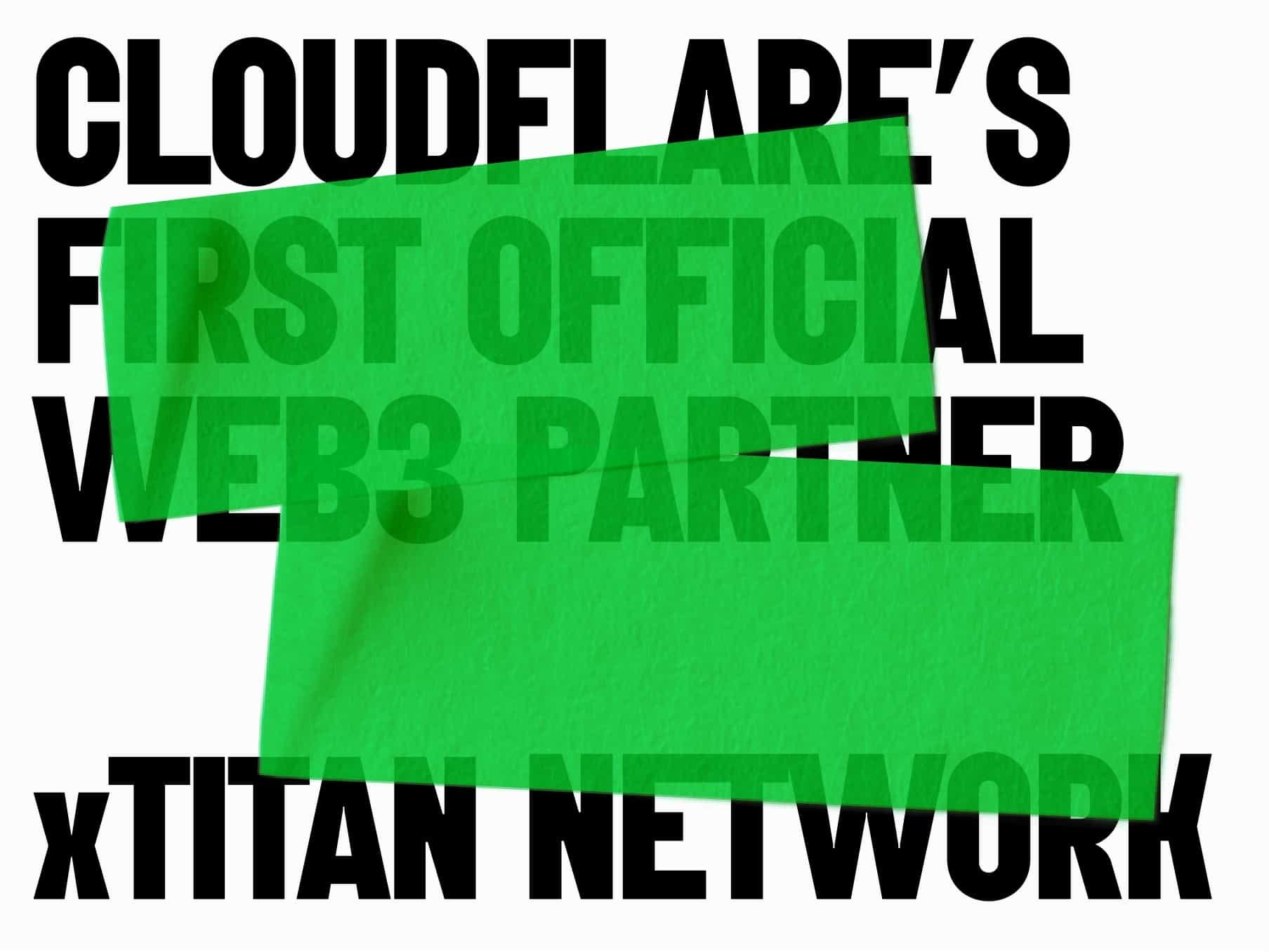WHAT EXACTLY IS TITAN NETWORK?
Titan is a platform where people share unused computer resources to create a distributed cloud. Companies like TikTok use this network, and people sharing their device resources earn rewards. It's like your computer working a part-time job while you're not using it.
HOW MUCH MONEY CAN I MAKE?
Earnings depend on your device specs, connection time, and market demand. Most users earn $5-$30 monthly per device. Factors affecting earnings include internet speed, storage space, and processing power. Users with multiple devices or better setups often earn more.
IS THIS SAFE FOR MY DEVICE?
Yes! Our software only uses resources you're not using and won't slow your computer when you need it. We never access personal files or information - just the designated storage and bandwidth you allow. All applications undergo rigorous security testing.
WHAT DEVICES CAN I USE?
You can use most computers with internet connections: Windows PCs, Macs, and Linux machines. We also support Android phones and tablets, but not iPhones or iPads. Your device needs to be powered on and connected to earn. Older devices work too, but newer ones with better specs generally earn more.
DO I NEED TECHNICAL KNOWLEDGE?
Not at all! We designed our application to be simple to use. If you can install a regular app, you can set up a Titan Node. Just download, follow a few setup prompts, and you're done! The app handles all the complex technical operations automatically.
WILL THIS SLOW DOWN MY INTERNET?
Our app is designed to respect your internet usage. When you're actively browsing or streaming, it reduces its activity. It mainly uses your connection during idle times. You can also set bandwidth limits if you have data caps or slower connections.
HOW DO I GET PAID MY REWARDS?
Rewards are paid in $TNT tokens viewable in your Titan dashboard. You can withdraw to compatible cryptocurrency wallets and exchange for other currencies. We're also working on more direct payment options to make the process even simpler.
HOW MUCH ELECTRICITY WILL THIS USE?
Our app is energy-efficient and uses resources that would otherwise be idle. The additional electricity cost is typically minimal - usually $2-5 monthly for most setups. This is factored into rewards, so you should still see positive earnings.
CAN I RUN THIS ON MULTIPLE DEVICES?
Yes! Install the Titan Node app on as many devices as you own. Each device earns rewards separately based on its resources. Many top earners run nodes on 5+ devices, including older computers they weren't using. Each device just needs to meet minimum requirements.
WHAT HAPPENS IF MY INTERNET GOES OUT?
No problem! If your connection drops, your node goes offline temporarily. Once restored, it automatically reconnects and continues earning. You only earn for time your device is actually connected. There are no penalties for disconnections - it's completely flexible.
